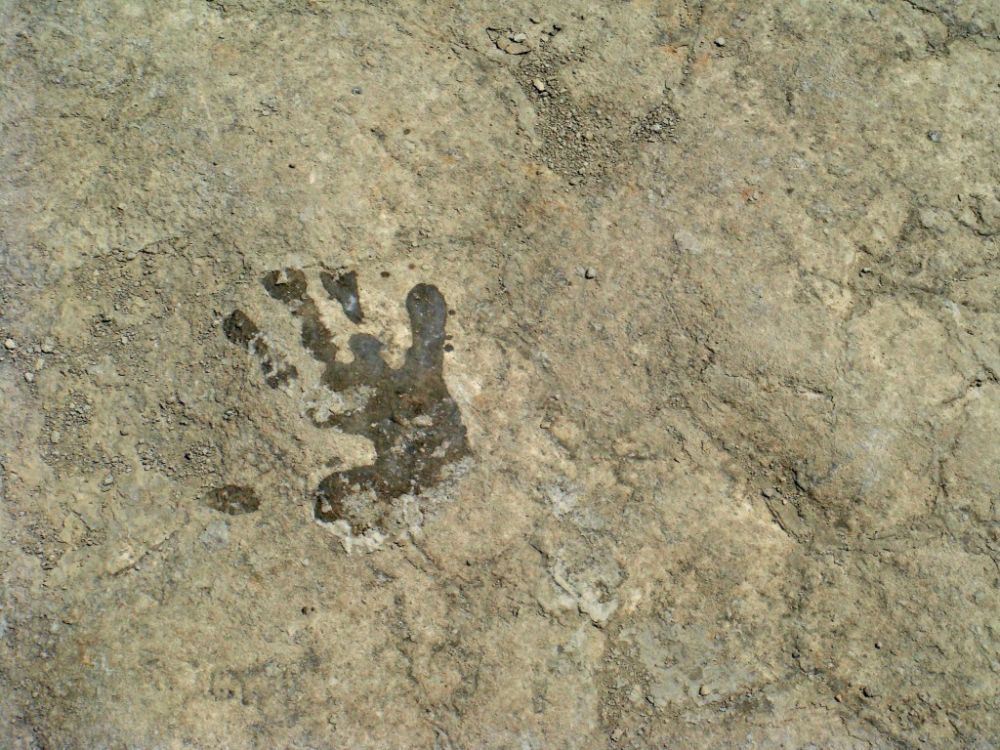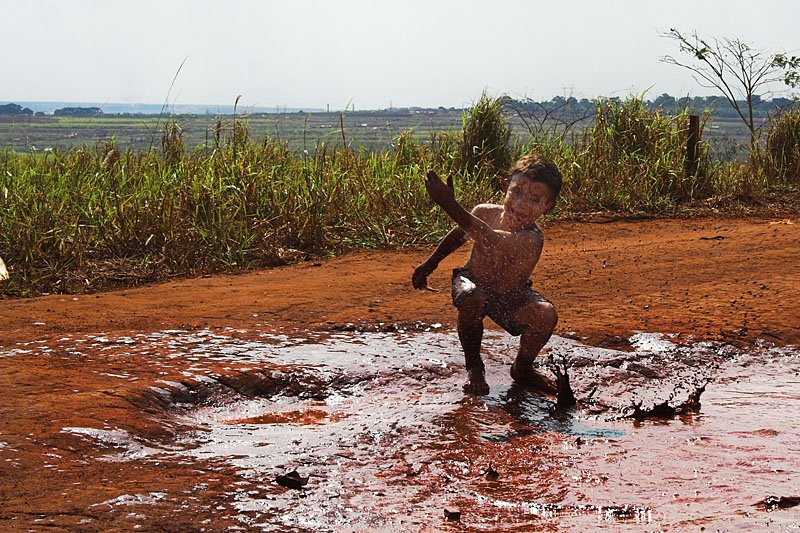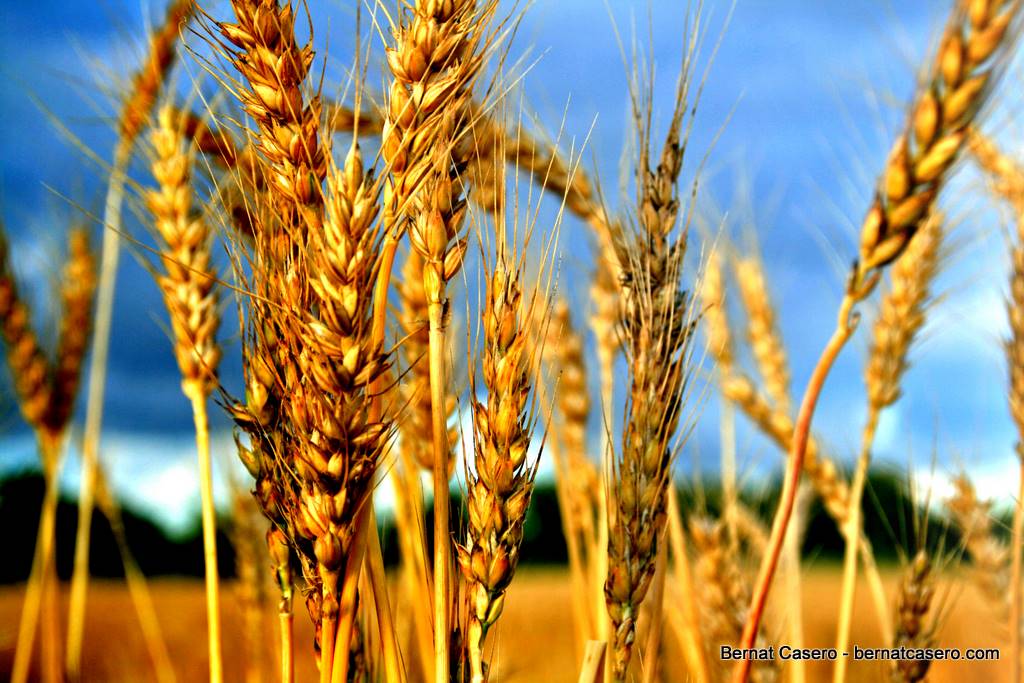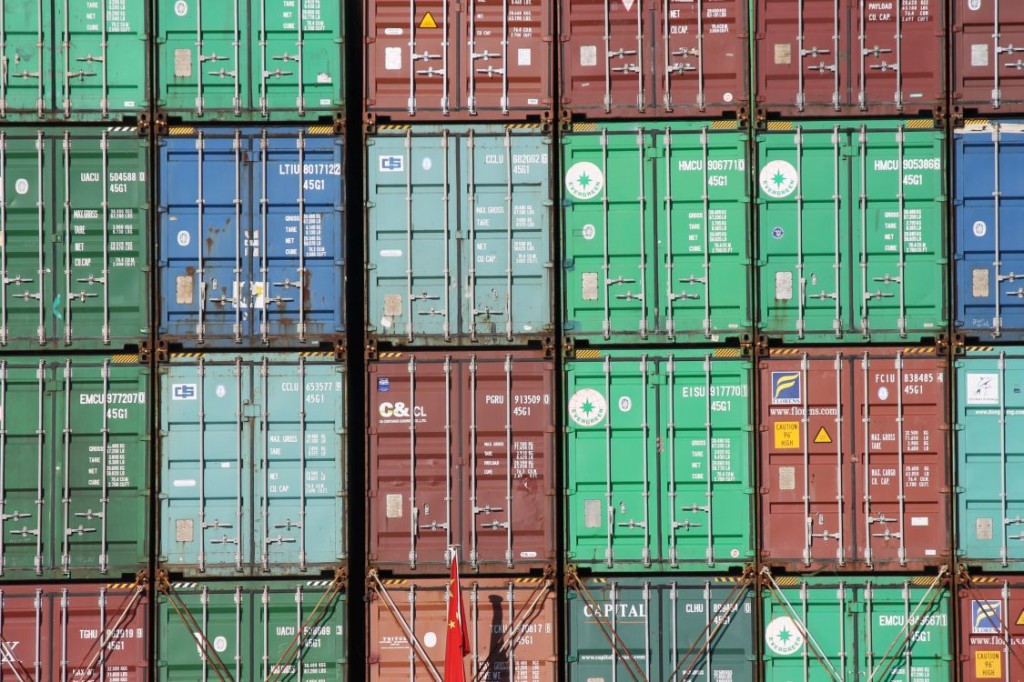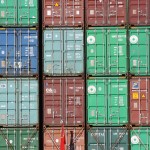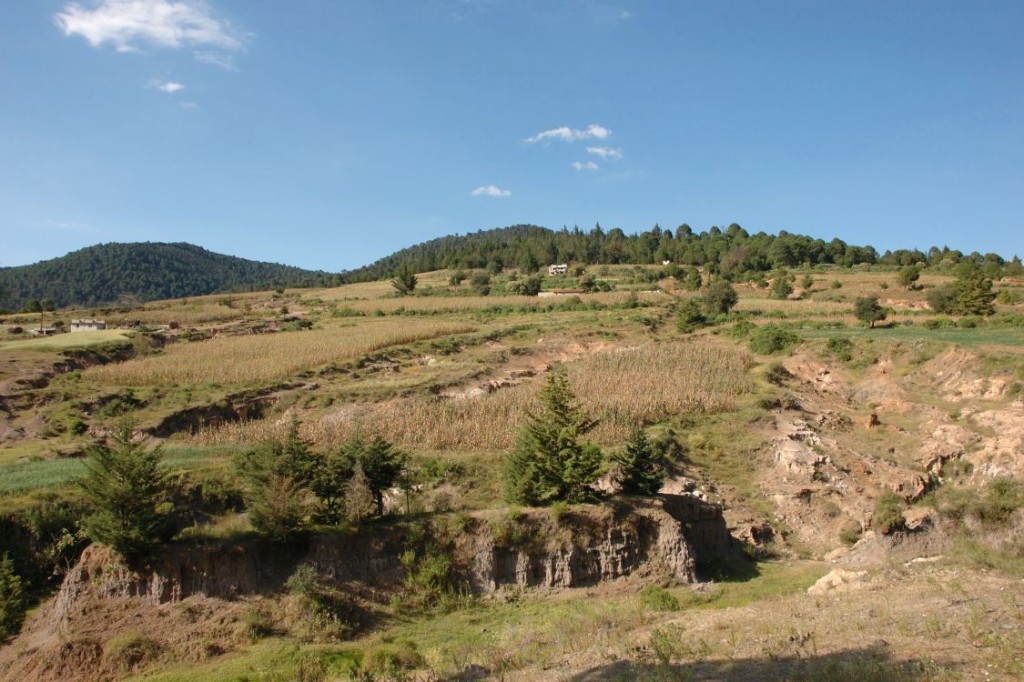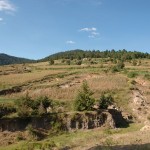The Global Soil Week is a collective process and a knowledge platform for sustainable soil management and responsible land governance worldwide.
Soil is inextricably linked to human and ecosystem health and crucial if we are to ensure food, water, and energy security for nine billion people by 2050. It sustains biodiversity – and if managed wisely – contributes to the mitigation of climate change.
Nevertheless, we continuously transform this resource in unsustainable ways. We lose an estimated 24 billion tons of fertile soil each year due to erosion. One quarter of the earth’s surface is already degraded, which impacts 1.5 billion people today.
In fact, soil is a non-renewable resource within human time frames, as it forms very slowly over time.
Many degradation patterns can be traced back to inequalities regarding access to soils and land tenure. Ways and means to overcome these inequalities are indispensable to sustainable and equitable development.
The year 2015 provides many significant opportunities to address soils on the international stage to address soils in the context of international sustainable development negotiations.

